Off-Grid Voices - A chat with Cheryl Magyar
For if the land isn’t loved, who will want to take care of it?
Hi lovely reader 👋
Welcome to Off-Grid Voices, a series of written interviews with others who are out there living their best lives, living lives that are a little outside the norm, a little different. I’m hoping this series will inspire some of you who may be thinking about living a life off the grid, homesteading, travelling the world, doing #vanlife, or anything else that you may be considering. Hope you enjoy exploring these lifestyles with me. 😊
This week we’re talking with Cheryl Magyar, who writes over on her Substack A Daily Dose of Nature where she hopes to inspire others to reconnect with nature by sharing beautiful photographs, paired with poems and journaling prompts. I love visiting Cheryl’s Substack because it’s always an invite to slow down and cherish the beauty around us.
Here’s Cheryl:
Hi Cheryl, let’s start with learning a bit more about you! Tell us a bit about yourself!
I am Cheryl, originally from America where I was born and raised in the suburbs of Chicago, but I’ve never been a city girl. As a child I was often outdoors, climbing trees, swimming, hiking and walking barefoot every chance I got. Besides inheriting a love of nature from my parents, I was actively involved in Girl Scouts from kindergarten, all the way through high school. My older sister took the love of the environment a step further and became a forest ranger, but I became the true homesteader of the family, getting back to my ancestors’ farming roots. Some might even call me the black sheep of the family, and I’m very much okay with that - I think the countryside is where many of us end up who don’t fit into city life.
And here I am, at almost forty-seven years of age, sleeping on the wooden floor, waiting twenty minutes for the water to boil for my coffee in the morning and living a life that few people dare dream of. Mostly because they imagine it might be too hard. Or maybe the thought of a simple life has never even occurred to them, not just yet anyway. Time will tell whether homesteading skills such as gardening, preserving, butchering, and/or living with limited electricity are worth their weight in gold. I believe they are.
My teenage daughter, Csermely, and I started the Daily Dose of Nature for several reasons. Realizing the ever growing overuse of technology at almost every age, but especially among younger generations, combined with the decreasing number of hours people spend outside with each passing year, we decided it was about time to share our love of the land - in photos, poems and prompts. For if the land isn’t loved, who will want to take care of it?
If we don’t have basic skills such as planting or propagating trees, growing a garden to feed ourselves, foraging for nutrient-dense weeds, or basic survival skills, what are we going to teach our children? If you are old enough to remember bugs upon bugs upon bugs covering the windshield after a long car ride and keep the tales to yourself, how will anyone remember, or see the decline in insect population with each passing year? I’ll bet there aren't too many pictures of dirty car windows floating around the web, but stories there are aplenty. We’d like to think that the Daily Dose of Nature is a gentle reminder to get outside, to reconnect with nature, and to rekindle your love for living on this awe-inspiring Earth of rocks, soil, plants, trees, creatures and land as far as the eye can see.
So you grew up in Chicago, but now, you live in Breb, Romania, in a wooden home. Tell us a bit more about your place, what makes it special for you?
Our two-room traditional home in Maramureș County, built of fir, was constructed in 1938. It has a dry stone foundation, a modern tile roof, and a cellar with a dirt floor. Perhaps more than the house itself, it was the land we fell in love with, including the village that surrounds it. What makes it special for us, is in part how we got here.
After leaving our tanya (small farm) in Ópusztaszer, Hungary where we homesteaded for eight beautiful, but sun-scorched years, we left for a new adventure. First stop was Scotland where we stayed about a year. It was cold and windy living in a “camping house”, as Csermely, our then 4-year-old daughter, called it at the time. So, trying our luck, we moved to Totnes in England. Let’s just say there were a lot of people in a very tight space, which didn’t resonate positively with any of us. At some point we moved in temporarily with a friend in Hungary and feeling that there must be something more to life, I dowsed with the question in mind - “Where can we go to be both happy and healthy?” The pendulum pointed out the direction, which we then applied to a map. Breb was just off that line, more than 300 kilometers away. We’ve been here more than eight years now, and after seeing the world, it’s here we choose to stay.
Let’s talk about all things “off-grid” - tell us a bit about your living situation. I always like to say there are “degrees of off-gridness”, so where would you situate yourself? I read on your Substack that you have a wood fire stove and no water - what else can you tell us about how you live?
While technically we are connected to the grid by a wire, our energy consumption is very low compared to the western world or even local households. On a monthly basis we consume about 10-20 kWh. That includes the use of three light bulbs, two outlets, a router and the charging of two laptops. Occasionally charging the one phone in the family (which isn’t a smart one) or a camera battery as well. We have no fridge, no freezer, no washing machine, no kitchen appliances or any other gadgets a household might commonly have. Even the villagers have questions!
We’ve also chosen to not use a chainsaw for our firewood needs. Instead, my husband, Roland, and I use a two person crosscut saw like in the “olden” days. Why do we make our lives difficult? It’s a question that we get asked from time to time. My answer often is - why do you make yours complicated? It’s true that it takes more time to cut wood by hand, but time we have. Chainsaws take frequent repair, and oil, plus they are noisy. In the quest to live a simple life on our own terms, we’ve given up many so-called luxuries that people often take for granted.
So, you asked about firewood. We go through about 12 cubic meters a year, given that the winters here last from about mid-October to early April. Mostly we burn alder and beech, which are prevalent here, sometimes ash and old fruit trees knocked down by mountainous-strong winds. Our very rudimentary wood stove, built by a local at some point in history, isn’t our ideal all-in-one hearth. But it is what it is. It keeps us warm, it bakes our cakes, breads and roasts, it fries our potatoes and bacon, boils the water for our herbal teas and keeps us clean - with water that we bring in from outside.
I especially want to know a bit more about your no-water situation. Where do you get your water, how do you do the dishes, how do you do laundry, how do you shower? We want all the details! We just had a hot and dry summer so we were experiencing a bit of a water shortage, so I would love to hear how you handle it.
Even though we live in the mountains and often receive a lot of summer rains, we also have water shortages. But it seems to be more related to the vast amounts of tourists who visit in summer (taking long showers!) at the hottest time of year, as well as some of the water being diverted to the next town over, but that’s a political issue. Some days we are lucky if we get a bucket of water, even luckier if we get two. Other days it runs just fine, but you may find a live shrimp if you look hard enough. It’s truly living mountain water.
Although we don’t have running water inside our home, we have a tap in the yard to access the water which comes from higher up the mountain, so it’s not really an inconvenience at all. Plus, fetching your water from outside gets you outdoors more, and it’s often a chance to look up at the passing clouds, or the stars at night. When you get out more, you notice more. And that’s a good thing.
To wash dishes, we heat up water on the stove in a stainless steel bowl, and wash them with a biodegradable soap, rinsing them with cold water. They are left to air dry by the fireplace. To wash our clothes, the process is similar. Heat up the water, pour some hot and some cold in another large bowl and wash by hand. To wash ourselves, well, it’s more of a bath than a shower, in a small tub with a rag. As they say in Eat, Pray, Love, “Everything that’s important gets cleaned.”
On some Thursday nights we head to the city and stay the night where Csermely practices Hungarian folk dancing with a larger group of children, a real shower is included in the price!
A lot of your Substack revolves around the importance of being outdoors and connecting with nature - what inspired you to foster this connection with nature?
I’ve always been at-one-ment with nature. I adore animals of all sizes and walks of paws and crow’s feet. I still get excited when bats are flying around at dusk (not so much when they fly in through the front door), and hearing the foxes bark in the early morning hours. The kraa of the raven, the bellow of the stag, and just about any other non-human sound you will hear in nature, it’s all exciting to listen to, even silence, which is becoming more rare everywhere you go. I wish more parents would take their young children into the woods, without phones, even without a camera, and sit, observe and take it all in without rushing to the next thing to do in life. To rephrase what I said above, we take care of what we love. So, what is it that we really love? It’s a question we should all be asking ourselves more.
What would be the biggest benefits you see to living life your way?
The benefits of living simply are as follows: a simple life allows you to move about unhurried, in a calm and meaningful way, with more time for each other, and with more reverence for the land that supports you. By and large, I believe people would be happier, less stressed, healthier for all the hours spent grounding and eating seasonally - a gift from the land. It’s all about the land. If you don’t have access to any, now is the time to find it, for your quality of life will improve dramatically the more time you spend outside in a safe and comfortable space, where you can grow as slowly as you please.
Life is all about ups and downs, so tell me a bit more about the biggest challenges you’re experiencing? What is your biggest current challenge?
Our biggest challenge seems to be overcoming outdated beliefs that were handed down to us throughout family and societal expectations. The past five years have really opened our eyes to why we believe what we believe - and in some instances why those beliefs are better off in the past. That combined with making a decent living on a land far, far away from the rest of the world, not necessarily having the connections, or being able to make lasting connections in the time-swiped online world.
What would you recommend to other people who are thinking about making a big lifestyle change, maybe thinking about moving off the grid or moving more rurally ?
Don’t overthink it. Just jump right in and move to the countryside. There are always people who are willing to help you learn new skills, you don’t even need to give up your access to the internet if you don’t want to. I’ve learned how to do so many things in 17+ years of homesteading, that a list would feel overwhelming at the end of this article. Start small, and allow yourself to grow, like a tree, at your own pace, without being concerned about the comments and disillusions of others. Stand strong and hang in there, no matter how windy it gets, or if lightning strikes - now that’s a tale to tell for another day.
Thank you, Sophie, for the wonderful questions.
Thank you, Cheryl for sharing your story with us. What an amazing life you live and how admirable how you’ve connected with nature and your surroundings by completely going back to basics and shedding all the non-important clutter in your life.
Sharing with you this week a beautiful piece of sand art, depicting the Māori creation story and ending with an image of present-day Auckland, One Tree Hill. Pretty amazing what someone can do with sand:
This Is Sophie Today is a reader-supported publication and while all posts are free, I need your support to keep this going. If you’re enjoying what you’re reading, consider picking up a paid subscription. A monthly subscription is 5 NZD or 2.8 USD and a yearly subscription is 45 NZD or 25 USD.







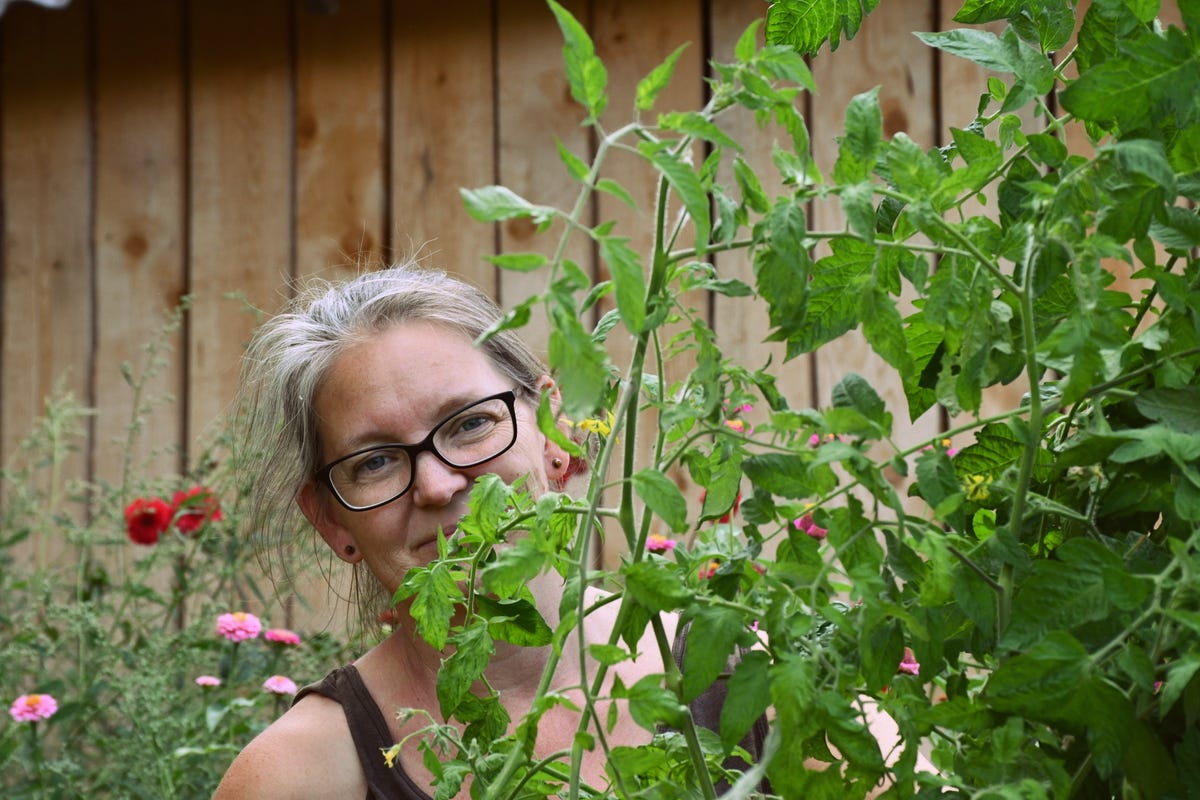
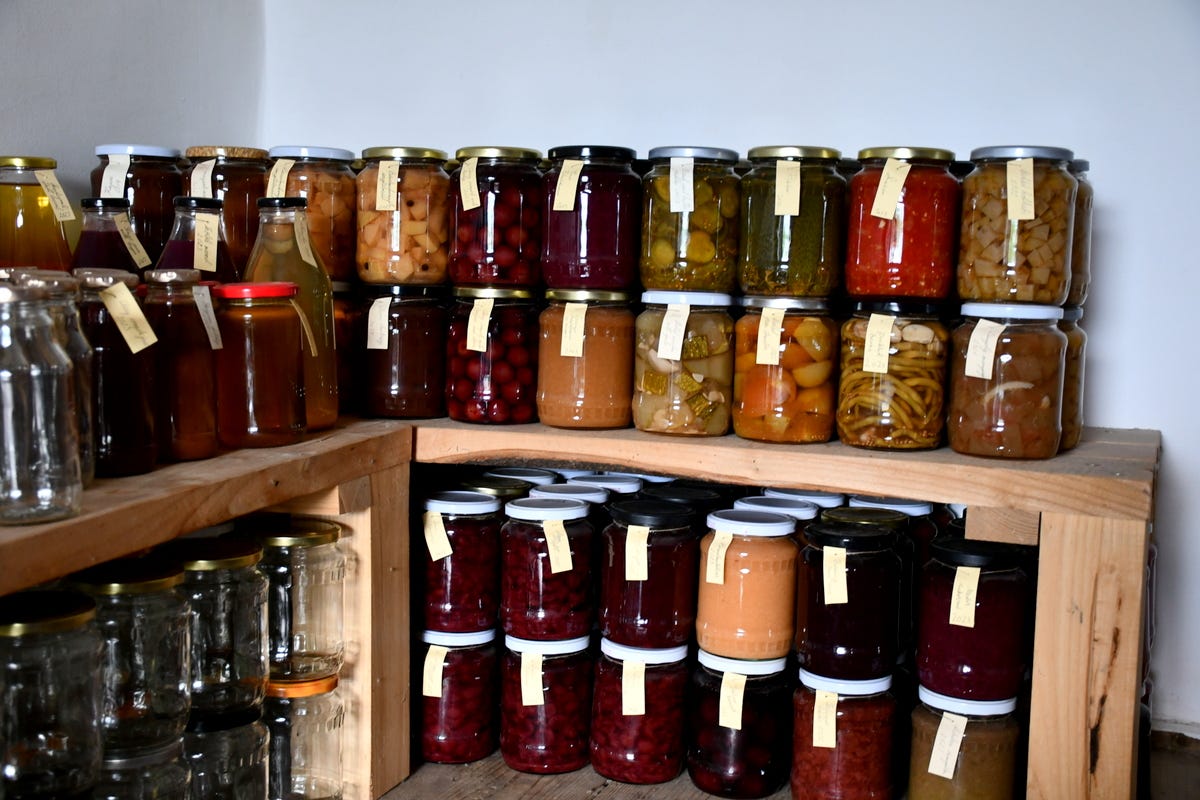
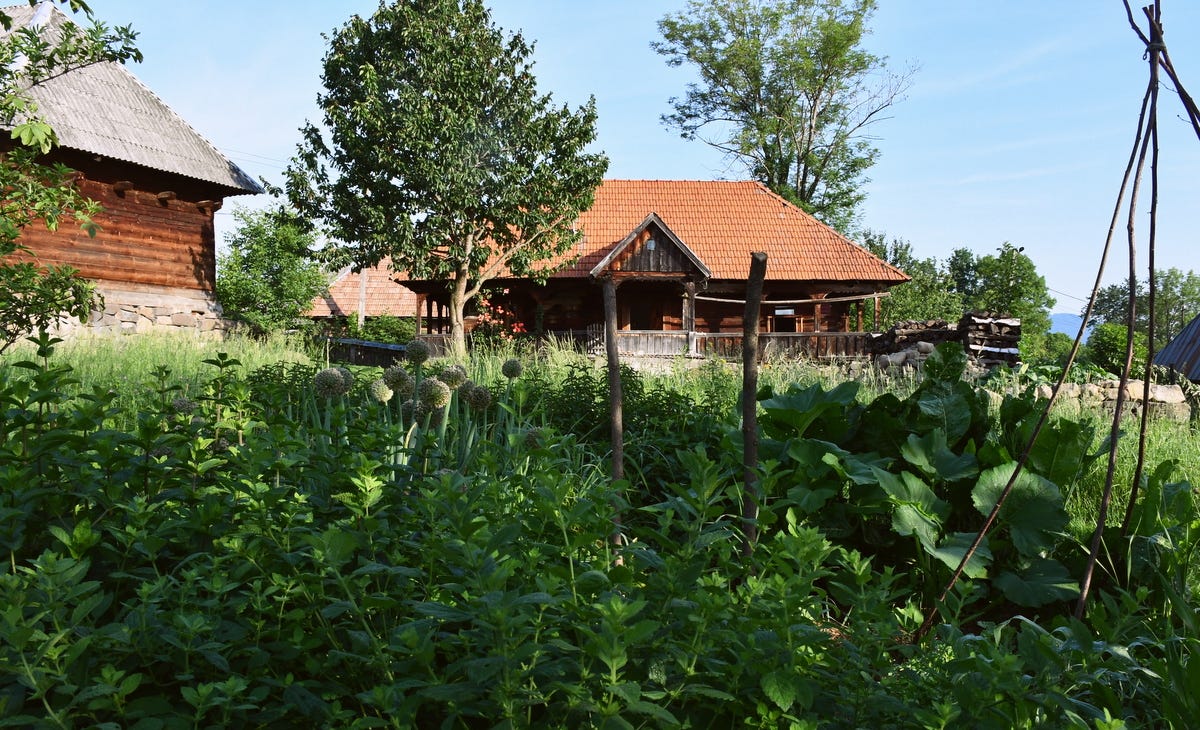
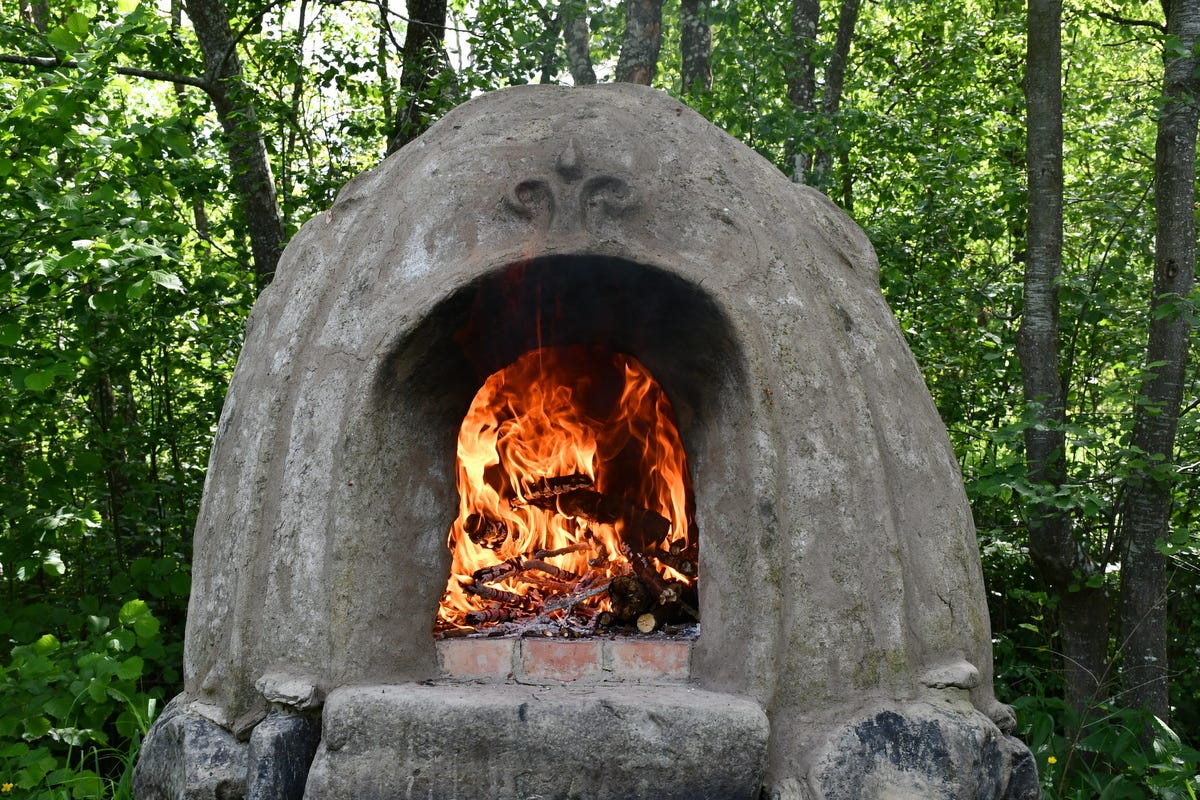
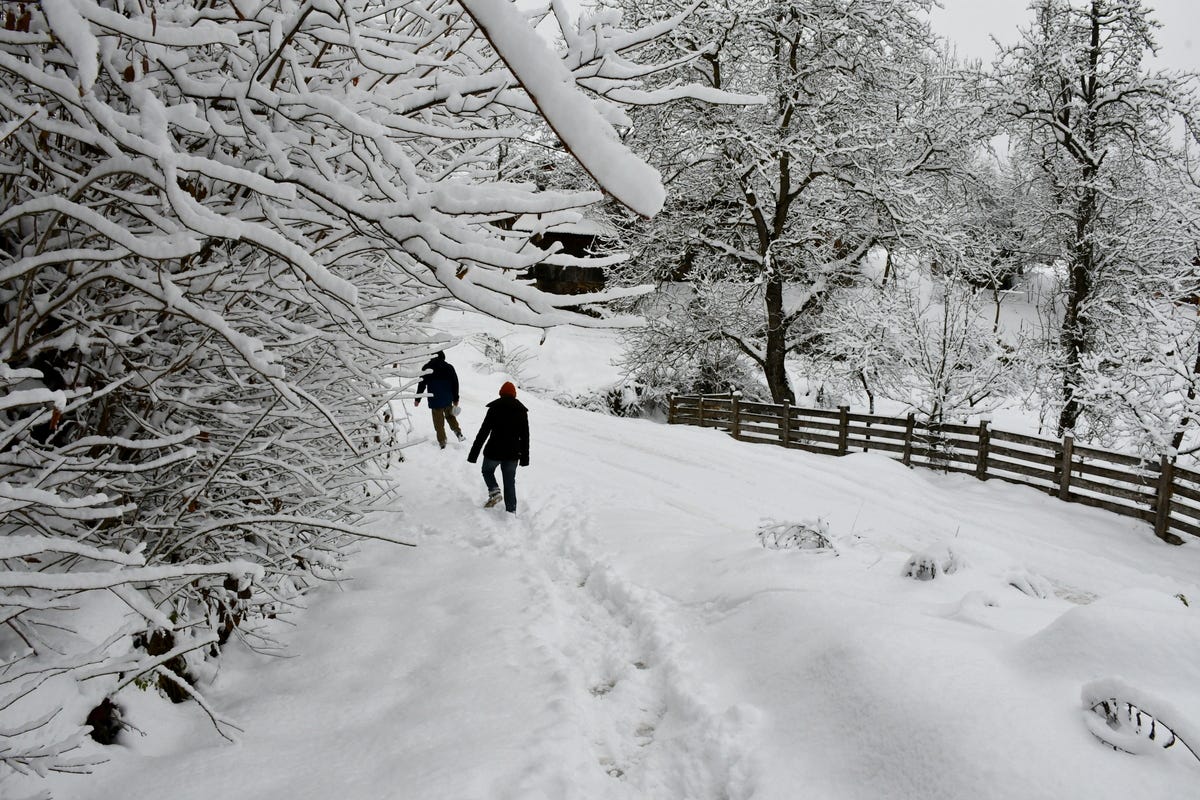
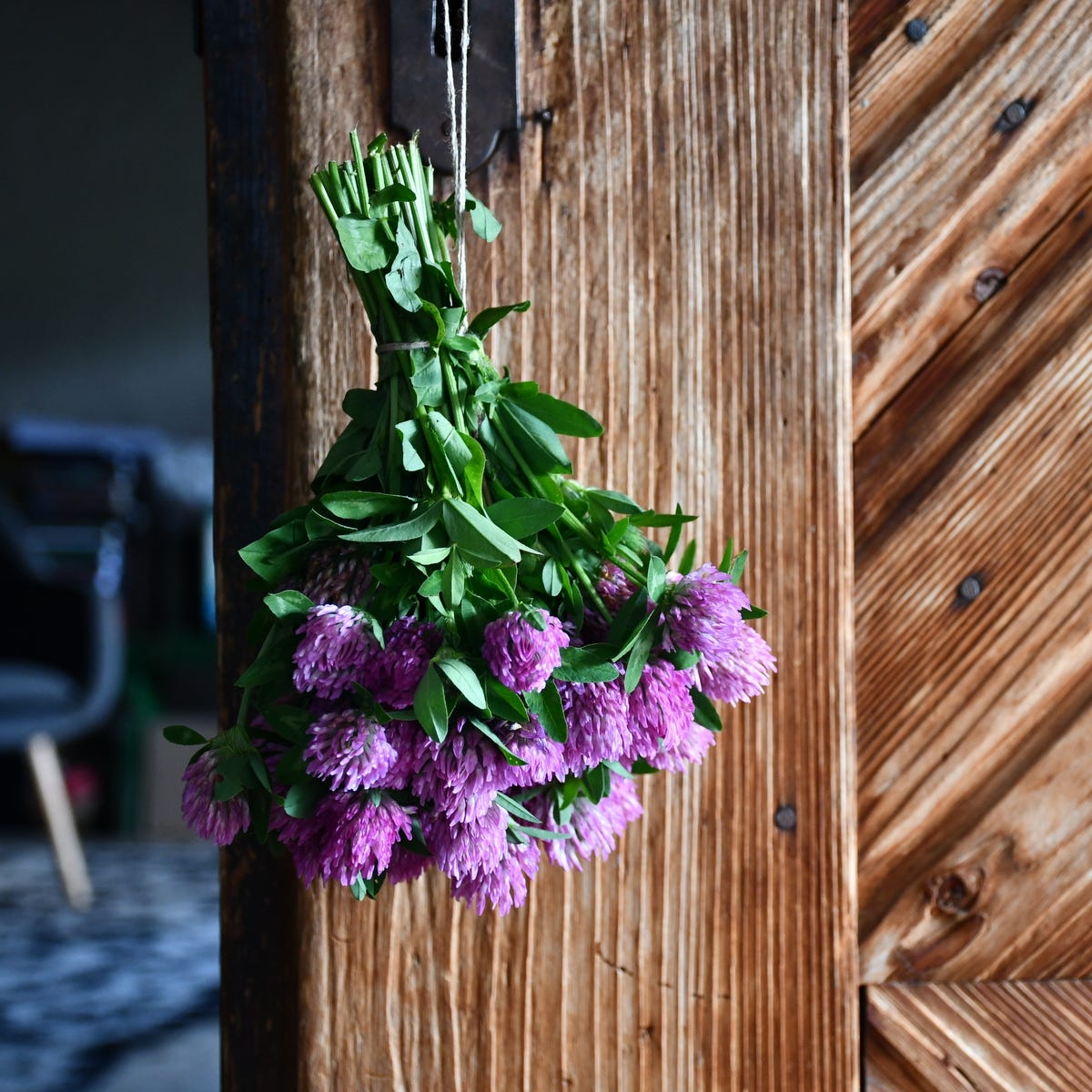


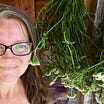
Thank you for sharing such an interesting interview and way of living! So inspiring!!
Such a great read and interview, thanks Sophie & Cheryl, Wow, that really is off-grid - I love the idea of the crosscut saw. And I'm sorry Scotland was so windy, sorry, is so windy! It's the only downside I swear!!